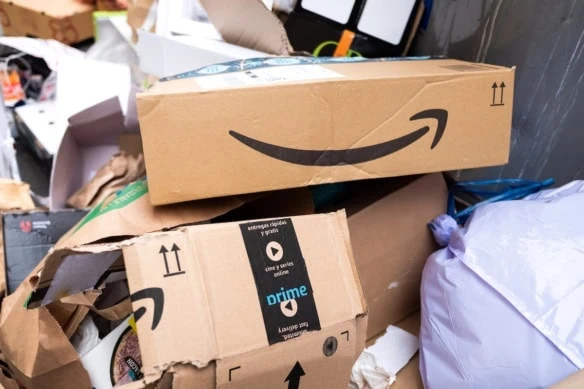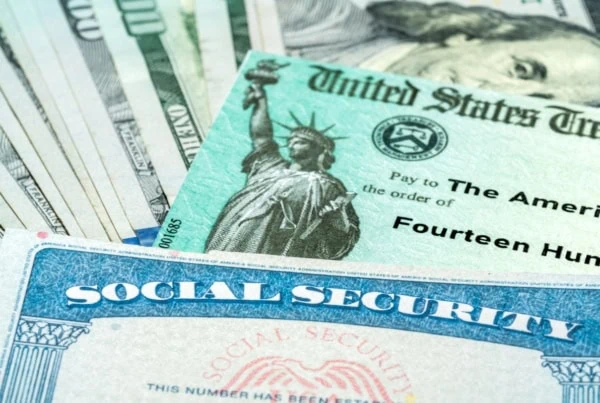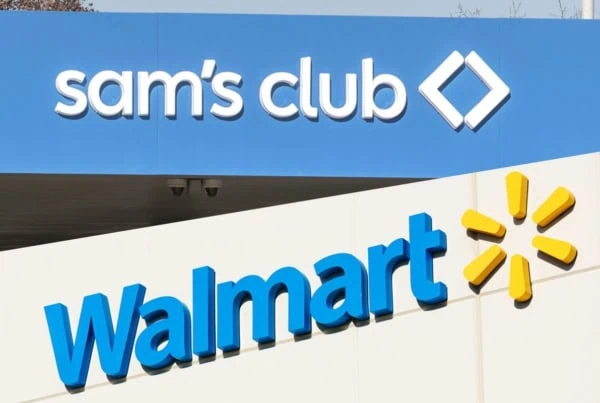Are you one of Amazon’s hundreds of millions of users? If so, you have probably noticed that some purchases are total steals, while others have made you feel like you’ve been robbed.
Amazon buyer’s remorse is very real, and it happens for several reasons. Sometimes it’s receiving a banged-up or opened package. Sometimes it’s realizing you bought a low-quality counterfeit. And sometimes it’s finding that you could’ve bought the product a few days later at a much lower price.
Amazon shopping can be hit-or-miss. But I’m here to help your aim.
Today, I’ll highlight several products you should never buy from Amazon. This isn’t an exhaustive list, but it provides a simple framework to help you avoid some of the worst offenders.
Defend Your Dollars From These Amazon Products
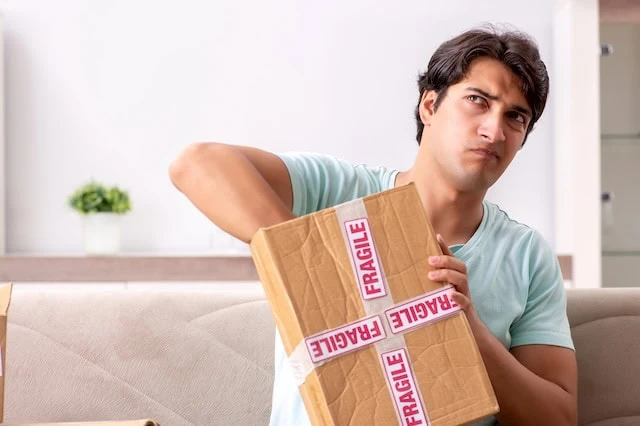
Amazon currently lists more than 600 million products, according to AMZScout, an Amazon product research tool for sellers.
It might list those products, but it certainly doesn’t vet every single one of those items, which is why it’s relatively easy to unwittingly purchase junk on Amazon.com. At the very least, receiving a counterfeit or low-quality item is a waste of your money … and for some product categories, it could be downright dangerous.
That’s why it pays to be a little more discriminating when it comes to shopping on Amazon. And that includes avoiding the following products.
1. Frequently Returned Items
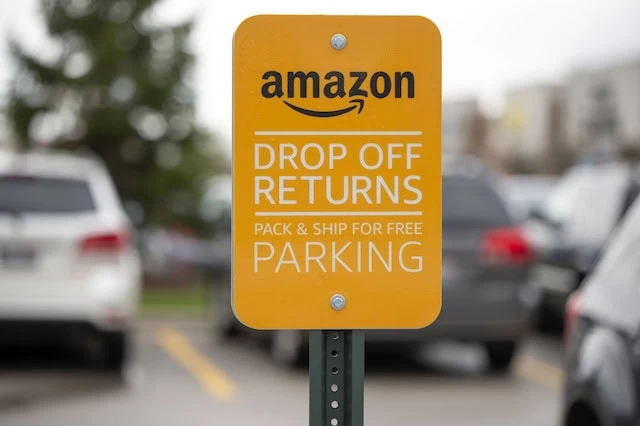
Whenever you look at a product on Amazon, see if it shows a “frequently returned item” badge.
Amazon compares an item’s return rate (number of returns compared to number of units shipped) to those of similar Amazon Standard Identification Numbers (ASINs). If a product has notably more returns initiated than comparable products, Amazon will place a frequently returned item badge on the listing. If return rates improve, Amazon will remove that badge.
Badges signal that other buyers were unhappy enough that they were willing to go through the hassle of at least starting a return. And while not all returns are made because of product quality, it’s a common culprit.
So in general, it’s better to steer clear of items with frequently returned item badges and check out alternatives instead.
Related: 10 Questions to Ask Yourself Before Making a Purchase
2. Trader Joe’s Products

This isn’t a warning to avoid Trader Joe’s products period—Trader Joe’s offers unique food and personal care items and has a pretty solid reputation for quality.
This is a warning to avoid Trader Joe’s products on Amazon.
Trader Joe’s only sells its products from its brick-and-mortar stores. It doesn’t sell online. And it doesn’t sell through third-party vendors.
Unfortunately, some sellers prey on shoppers who want to get Trader Joe’s items delivered straight to their homes, buying up TJ goods then reselling them at significantly inflated prices. For instance, a two-pack of 2.3-ounce containers of Everything But the Bagel Sesame Seasoning Blend (one of Trader Joe’s most popular items) lists for $11.13 on Amazon. But in a Trader Joe’s store, you can get them for $1.99 apiece (so $3.98 for a pair). That’s a 180% markup!
Don’t live even remotely close to a Trader Joe’s location? Don’t depend on Amazon. An interesting alternative is Reddit’s r/snackexchange, where people will send you Trader Joe’s treats if you send back local goodies. (Just remember that consumer-to-consumer exchanges come with their own set of risks.)
3. Costco Kirkland Signature Products
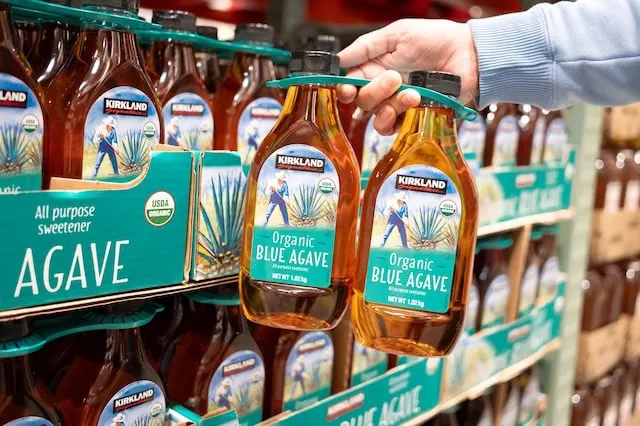
Unlike Trader Joe’s, Costco does offer delivery—in fact, in some cases, you can even get same-day delivery (powered by Instacart). So … why would anyone buy Kirkland Signature products on Amazon rather than directly through Costco?
Well, you need to pay for a membership to shop at Costco. You don’t need anything but a credit card and an address to shop on Amazon.
But just like Trader Joe’s products, Kirkland Signature products on Amazon are often sold at very inflated prices. For example, Costco currently charges $14.49 for a 365-count bottle of Kirkland Signature Aller-Tec allergy tablets (generic Zyrtec). On Amazon, you have to buy a three-pack, which is effectively three years’ worth of tablets. But you don’t get a discounted price for buying in bulk—in fact, you pay more. The three-pack costs $56.60, or $13.13 more than if you would’ve bought the same amount at Costco.
If you love Kirkland Signature products because you’ve tried them elsewhere, buy yourself a Costco membership. Don’t buy them on Amazon unless you live nowhere near a Costco and have no other choice.
Related: 10 Costco Tips & Tricks All Shoppers Should Know
4. Items With Too-Good-Too-Be-True Health Claims

You should generally be wary of any products that make outstanding claims about their abilities. But you must be especially vigilant on Amazon, which lists hundreds of millions of products that are sourced from all over the world—and that includes all sorts of vitamins, herbs, minerals, dietary supplements, and other items that aren’t approved by the FDA to prevent or treat disease.
In 2020, for instance, Amazon barred more than 1 million products that inaccurately claimed to defend against or cure COVID-19.
It’s good that Amazon de-listed these products … but it’s possible that some people were able to buy some of those products before they were banned, and others might have been missed.
5. Competitors’ Technology
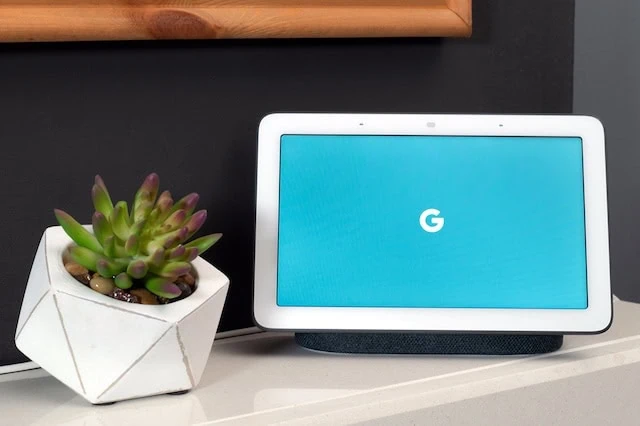
Amazon is obviously motivated to encourage users to buy Amazon-branded technology instead of competitors’ devices. And an easy way to tip the scales in their favor is to charge more for outside devices.
For example, Amazon would prefer you buy an Amazon Echo speaker rather than a Google Nest speaker. And its prices reflect that. Currently, the Google Nest Mini 2nd Generation Smart Speaker is available on Amazon for $64.99. However, if you bought that same product directly from Google right now, it would only cost $49.
I’m not saying you’ll never find Amazon competitors’ products at competitive prices. But you should always price-compare before buying those products on Amazon.
Related: Top 10 Grocery Stores Ranked by Value
6. Impulse Buys to Snag “Discounts”
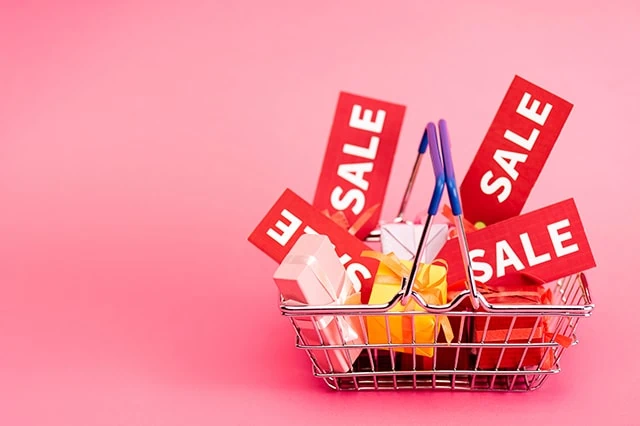
Amazon sellers love to list items at high prices, then either add coupons you can click on or continuously run “discounts.” The point, of course, is to create a sense of urgency among buyers, which is admittedly an effective strategy.
But unless you need a product soon, don’t buy something you like right away just because it’s “on sale.” Instead, “like” the item or put it in your cart, then track the price for a while. While it’s possible the price could actually rise from there, it’s more likely that the price will a.) remain the same, b.) go higher but be reduced again in the future, or c.) will be reduced even lower in the future.
Don’t want to price track on your own? The website CamelCamelCamel can do the legwork for you. You simply paste the Amazon URL where indicated on CamelCamelCamel, and it will show the price fluctuations over the past year so you know if the price is truly lower than usual. Another option is the Keepa extension.
7. Fake Apple iPhone Chargers
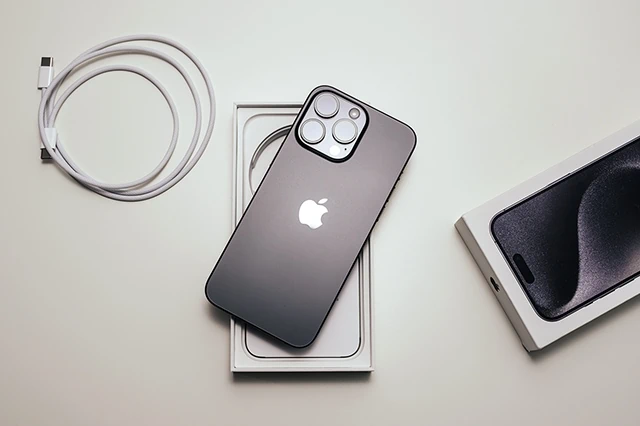
In 2016, Apple filed a lawsuit against Amazon supplier Mobile Star LLC for trademark infringement. Apple had bought more than 100 iPhone devices, Lightning cables, and chargers that were sold as genuine Apple products by sellers on AMazon and were delivered through the Fulfillment by Amazon program. According to Apple’s internal examination and testing, nearly 90% of those products were counterfeit.
Translation: Be hesitant about anything that claims to be a genuine Apple product on Amazon. Either buy the product on Apple itself, or the official Apple store on Amazon.
You can also find real Apple-compatible products on Amazon that work well and don’t pretend they come from Cupertino. For instance, one of the editors of this article and I have bought iPhone chargers and batteries from Anker, a reputable power-solutions brand that has its own website but sells most of its products on Amazon.
Related: 10 Aldi Shopping Tricks You Should Know
8. Birkenstock Products
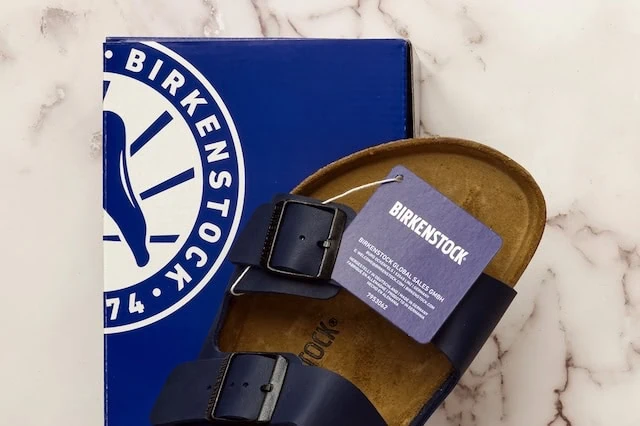
Popular footwear brand Birkenstock decided to stop selling on Amazon in 2017 because a high number of fake Birkenstock products sold on the site was dampening the brand’s reputation.
However, if you search for Birkenstock products on Amazon today, you’ll still find some … which means there’s a really good chance they’re counterfeit.
Unfortunately, there is a good chance they are counterfeit. A one-star review on one pair of Birkenstock clogs explains that after a sizing issue, they called the brand and “they alerted me that they do not authorize the sale of their product through [Amazon]. They alerted me to not buy [Birkenstock products] through [Amazon] because the product, if not counterfeit, is at the very least unauthorized to be sold.”
If you’re a fan of Birkenstock, buy direct.
9. Items With Reviews for Different Products

Imagine you’re vacuum shopping on Amazon. You see a highly rated vacuum that you’re interested in. You scroll down to read some of the reviews, only to find that buyers are raving about … a toaster?
Not one person. Many people. All going on about the quality of their crispy bread.
A confusing mismatch of reviews might be an accident, but it might be purposely misleading.
Multiple products may accidentally get aggregated under one listing if there are multiple variations of a product, such as color or size. According to Amazon seller discussion boards, some sellers purposely misuse variations and merge or split unrelated items to manipulate a product’s rank and give a new or previously poorly rated item a bunch of positive reviews. Dishonest sellers might even edit old item listings and completely change the item so the new item has built-in happy reviews.
Either way, it’s likely best not to buy any items where the reviews aren’t clearly for the product you want.
Related: Stop Shrinkflation! 14 Products Affected + Tips to Save Money
10. Food From Third-Party Vendors
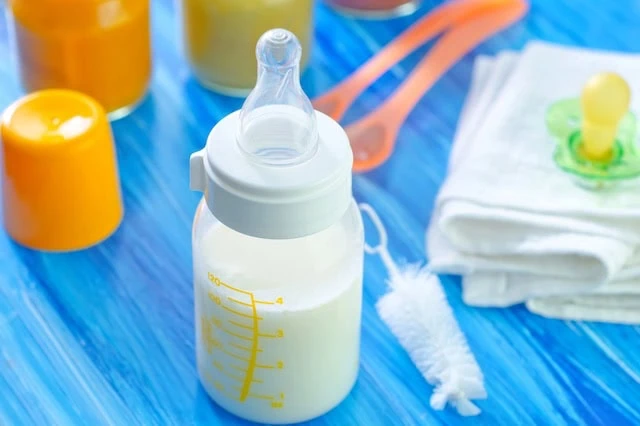
Amazon buyers have faced risks in ordering food from third-party vendors for years, and that doesn’t appear to have gotten any better of late.
Back in 2019, CNBC wrote about how third-party vendors were regularly selling expired food items, including baby formula, beef jerky, granola bars, and more. Analysis of the 100 best-selling food products on Amazon at the time found that at least 40% of the sellers had more than five reviewer complaints about expired foods.
More recently, people are still reporting poor food experiences when buying from third-party Amazon sellers. A 2025 Reddit post titled “LPT: Be wary of buying food products on Amazon” received thousands of upvotes and support. One commenter stated, “They’re definitely not temperature controlled properly. I bought gummy vitamins that were an insane melted mass of gummy. Thankfully I got a refund because they were completely unusable, but these clearly melted in a warehouse since it was snowing when they were delivered.”
Another commenter recommended against buying chips on Amazon, explaining that the fulfillment center “will put them in there with canned food and you have chip powder in the box from the busted bag.” They went on to explain, “I did try making a separate order just after my main with stuff that I was afraid for. And it came all in the same box together.”
Editor’s note: None of the above applies to Amazon Fresh. The focus is solely on food products sold by third-party merchants.




